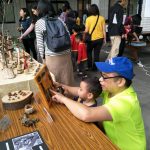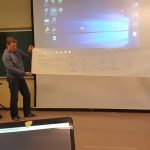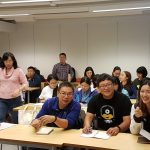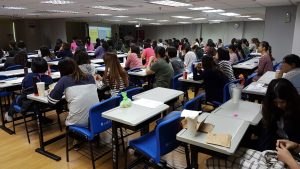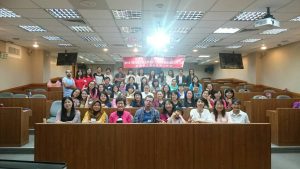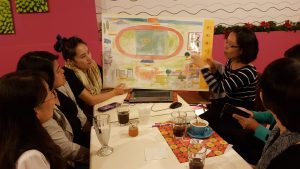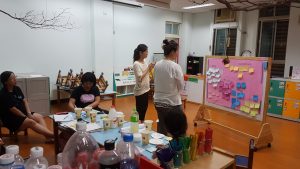 Professor Hui-Hua Chen from the Taiwanese Dong Hwa University Department of Early Childhood Education has been granted to join our team in Finland July-November 2023. The Taiwan ministry of science and technology has given professor Chen a grant to study children’s processes of learning to read. The pedagogical choices connected with learning to read will also be explored. Finnish and Taiwanese practices will be compared based on a large random sample conducted in Taiwan and Finland.
Professor Hui-Hua Chen from the Taiwanese Dong Hwa University Department of Early Childhood Education has been granted to join our team in Finland July-November 2023. The Taiwan ministry of science and technology has given professor Chen a grant to study children’s processes of learning to read. The pedagogical choices connected with learning to read will also be explored. Finnish and Taiwanese practices will be compared based on a large random sample conducted in Taiwan and Finland.
We have observed children’s reading sessions when the adult reads for the children and when children read books themselves. We have thousands of random observations of children’s reading processes. A comparison between two cultures gives perspective to understand the learning process not just as a personal learning task, but also as a culturally mediated production of shared understanding.

